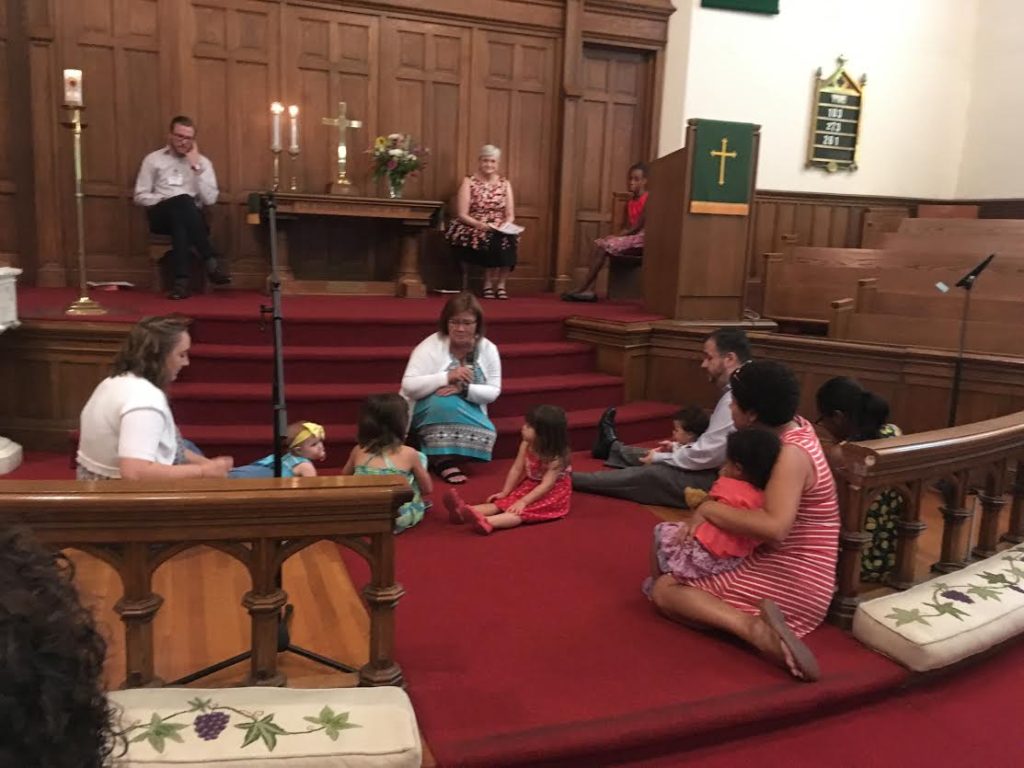
On December 4, the second Sunday in Advent at the early service, Bob Meola read the scripture (from Isaiah and Philippians)
Laverna Albury explained the theme to the kids at Children’s Time in a clear and understandable way.
And Rev. Catherine Williams put the words of Isaiah and Paul into the context of their times. How does it make sense that Isaiah calls for peace in the time of war and Paul exudes joy when he is in prison?
It’s paradoxes and existential tensions like these why non-Christians have accused us of having an opiate religion. Because it doesn’t make sense that a small nation would not ask a bigger nation for help in a pending war, but choose rather to trust in God’s deliverance. It doesn’t make sense that a Messiah called the Prince of Peace would be born in a barn, grow up to be ridiculed and eventually killed within a bloody, political system of militarized occupation. It doesn’t make sense that three days after they killed this Prince of Peace he rose from the dead, seen by at least five hundred witnesses. And it doesn’t make sense that a highly educated Jewish scholar like Paul would risk his life, and suffer repeated imprisonment in order to preach and teach about this crucified Prince of Peace – a stumbling block to the Jews and foolishness to the Gentiles. It all makes no sense unless…you are a person of bi-focal vision.
Those with uni-focal vision see life in a singular dimension. But as the people of God, born again by the Spirit of God, we have the capacity to see both as humans see, and as God sees. It’s not absurd to rejoice while you’re in a prison cell if you’ve encountered a God who has been known to use earthquakes to open prison doors and loose chains. It’s not absurd to sing songs of freedom as a slave if you’ve encountered a God who has given you freedom of mind and spirit that no bondage of body can take away. It’s not absurd to live a life of energized service to others while your body is fighting a terminal disease. It’s not absurd at all if you have the divine capacity to see both earthly and heavenly realities at the same time.
Here is the link to her complete message.
Rejoice in the Lord!

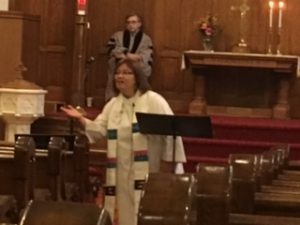 What a week this has been. I’ve spent a great deal of time listening to and caring for people. I have encouraged people to sit in and feel their despair, anger, sadness, hopelessness, fear, and uncertainty. We must allow ourselves to feel what we are feeling before moving ahead to action.
What a week this has been. I’ve spent a great deal of time listening to and caring for people. I have encouraged people to sit in and feel their despair, anger, sadness, hopelessness, fear, and uncertainty. We must allow ourselves to feel what we are feeling before moving ahead to action. One day he saw a magnificent bird far above him in the cloudless sky. It glided majestically among the powerful wind currents, soaring and swooping, scarcely beating its long golden wings. The old eagle looked at it in awe and asked “what is that?” “That is the eagle, the king of the birds”, said one of his neighbors. “He belongs to the sky and to the high places. We belong to the earth, we are chickens.” The old eagle knew this was true, and so it was he lived and died as a chicken, for that is what he believed he was.
One day he saw a magnificent bird far above him in the cloudless sky. It glided majestically among the powerful wind currents, soaring and swooping, scarcely beating its long golden wings. The old eagle looked at it in awe and asked “what is that?” “That is the eagle, the king of the birds”, said one of his neighbors. “He belongs to the sky and to the high places. We belong to the earth, we are chickens.” The old eagle knew this was true, and so it was he lived and died as a chicken, for that is what he believed he was.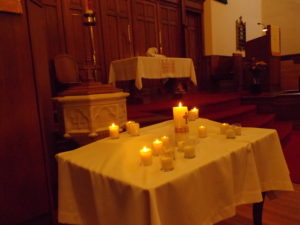 Here are some videos of the very inspiring worship on Sunday, November 6, at 9:30 a.m. It was All Saints Sunday, and the Children’s Choir sang the introit.
Here are some videos of the very inspiring worship on Sunday, November 6, at 9:30 a.m. It was All Saints Sunday, and the Children’s Choir sang the introit.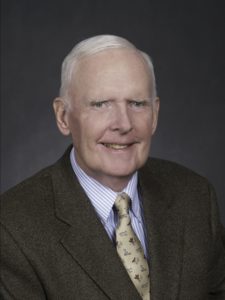 On
On 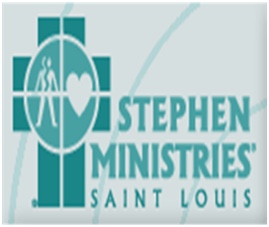




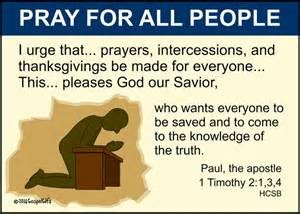 conscience. Then he proceeds to suggest how: First of all,
conscience. Then he proceeds to suggest how: First of all,  life? Granted, God’s response in the conversation may take all kinds of delightful or terrifying forms, but that calls for the kind of discernment we only get by the act of prayer, by practicing to pray.
life? Granted, God’s response in the conversation may take all kinds of delightful or terrifying forms, but that calls for the kind of discernment we only get by the act of prayer, by practicing to pray. 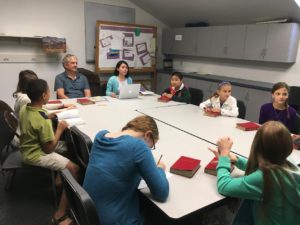


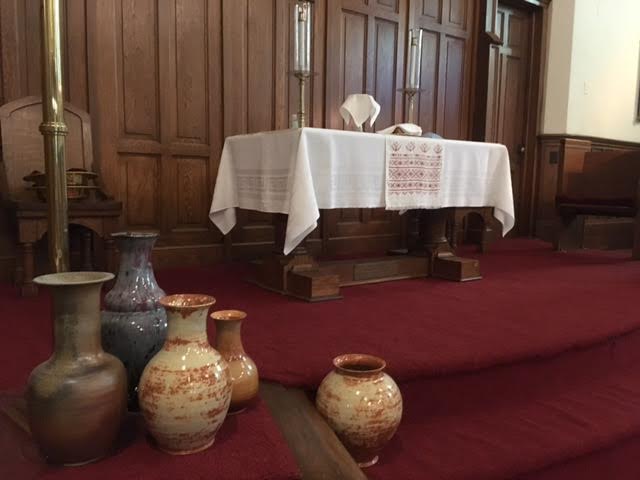 Everything went together yesterday, Sunday September 4, to tell a salvation story, that if we make a habit of looking for God, even if we do wrong, God will reshape us. The text from the lectionary was
Everything went together yesterday, Sunday September 4, to tell a salvation story, that if we make a habit of looking for God, even if we do wrong, God will reshape us. The text from the lectionary was 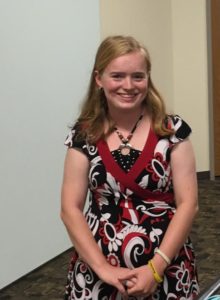 Sharing, where Mikaela Langdon, a
Sharing, where Mikaela Langdon, a 